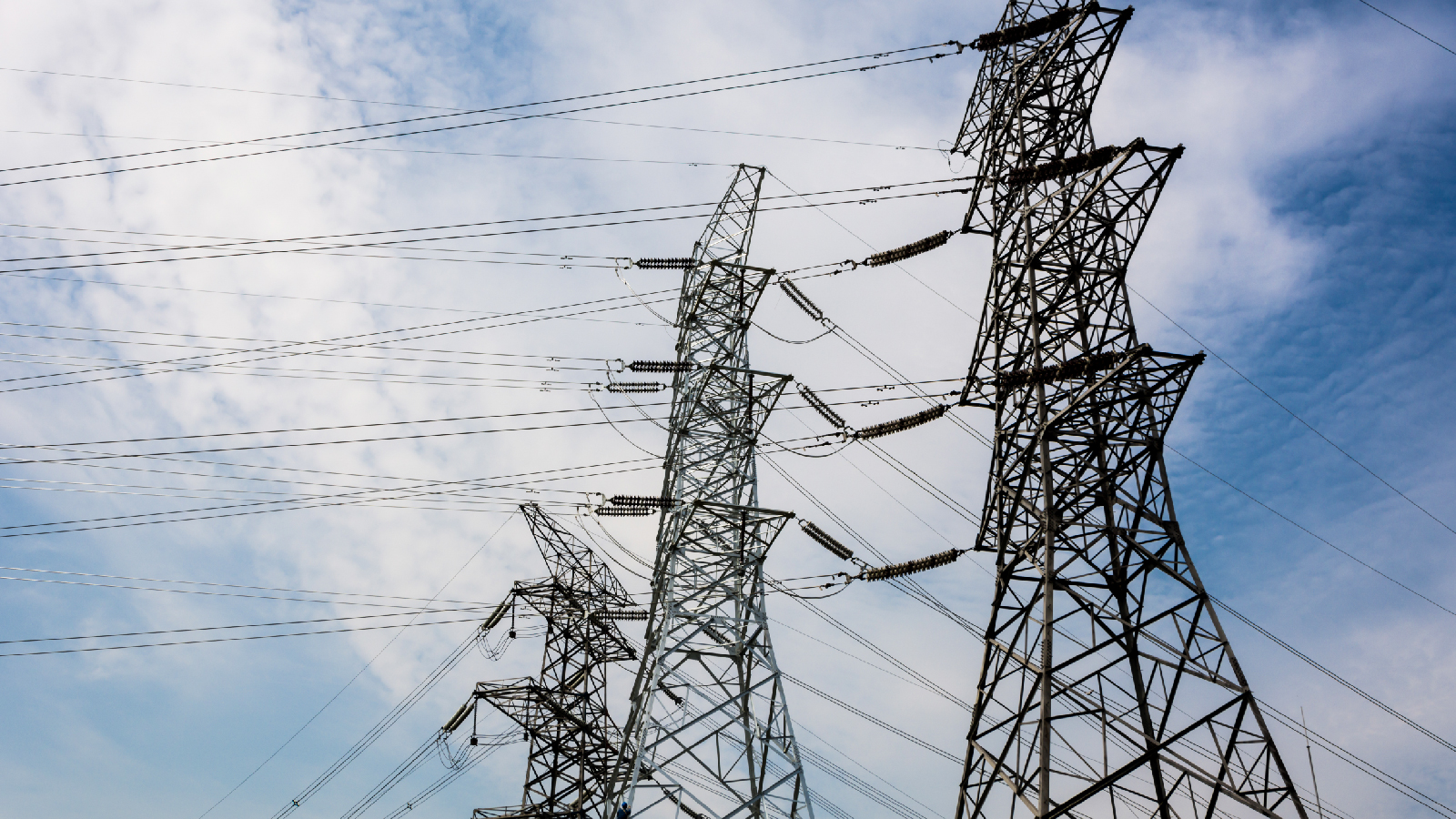Design and operation of high and low voltage networks
Course Overview
High and low voltage networks play a vital role in the efficient and reliable transmission and distribution of electrical energy. This training program provides comprehensive knowledge about the design and operation of high and low voltage networks, focusing on engineering fundamentals, safety standards, and best practices to ensure operational efficiency and minimize failures.
Course Objectives
- Understanding the basic principles of high and low voltage network design.
- Familiarizing with the components of electrical networks and their operation.
- Gaining the necessary skills to operate and maintain networks effectively.
- Applying international standards in the design and operation of networks.
- Enhancing network performance and reducing operational failures.
Target Audience
- Engineers and technicians working in the design and operation of electrical networks.
- Maintenance personnel in power generation and transmission stations.
- Workers in the electricity distribution sector and electrical contractors.
- Students and individuals interested in developing their skills in the design and operation of networks.
- Safety officers in facilities that rely on electrical networks.
Course Modules
Introduction to High and Low Voltage Networks
- Definition of high and low voltage networks and their components.
- The difference between high and low voltage networks.
- The role of electrical networks in transmitting and distributing energy.
- Basic principles of network planning.
- The importance of safety in network operation.
High and low voltage network design
- Factors affecting network design.
- Selecting the appropriate network components (cables, switches, circuit breakers).
- Network security system design.
- Environmental and legislative considerations in network design.
- Use of engineering software in network design.
Operation and maintenance of high and low voltage networks
- Operate networks safely and efficiently.
- Preventive and periodic maintenance procedures.
- Troubleshooting networks.
- Load management to avoid overloading the networks.
- Improving network efficiency to reduce electricity loss.
Protection techniques in electrical networks
- Overcurrent and short circuit protection systems.
- Lightning and overvoltage protection.
- Network stability control techniques.
- The importance of grounding in high and low voltage networks.
- Study examples of successful protection systems.
International standards and practical applications
- Design and operating standards (IEC, IEEE).
- Improving network sustainability through modern technologies.
- Practical examples of high and low voltage network projects.
- Use of renewable energy within electrical grids.
- Planning resilient networks to meet future challenges.
Instructor
Name: Dr. Walid Abdullah Al-Hajjaj
Specialization: Information Security and Digital Governance
Certificates:
Core Programs Trained:
Bio: Dr. Walid Abdullah Al-Hajjaj, known as “Hacker Hunter,” is a Jordanian expert in information security and digital governance. He has extensive experience in developing digital strategies to enhance information security in organizations and mitigate cyber threats that may impact governance. His technical expertise in protecting digital systems and information security strategies makes him a distinguished speaker on the role of digital governance in combating corruption and securing digital operations.
- Languages: Arabic
- Program Levels: Technical level
- Venue: Company Headquarters
- Hours: 20
- Location:



.jpg)







